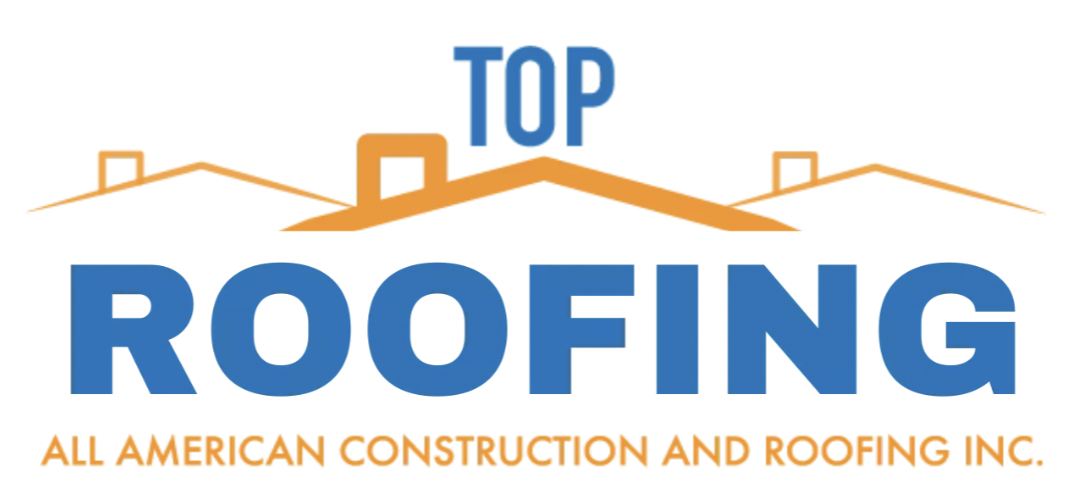What is the difference between APP and SBS applications?
In roofing terminology, "app" and "sbs" refer to two different types of modified bitumen roofing systems:
1. APP (Atactic Polypropylene):
Composition: APP-modified bitumen roofing membranes are made with asphalt that is modified with atactic polypropylene, a type of plastic polymer.
Characteristics: These membranes are typically more heat-resistant and have a smooth, plastic-like surface. They provide UV resistance and can be more durable in hot climates.
Installation: APP membranes are often torch-applied, where the back of the membrane is heated with a torch and then adhered to the roof substrate.
2. SBS (Styrene-Butadiene-Styrene):
Composition: SBS-modified bitumen roofing membranes use asphalt modified with styrene-butadiene-styrene, a synthetic rubber.
Characteristics: SBS membranes are known for their flexibility and elasticity, making them more resistant to cold temperatures and freeze-thaw cycles. They have a more rubbery texture.
Installation: SBS membranes can be torch-applied, cold-applied (using adhesives), or self-adhered (with a peel-and-stick backing).
Both APP and SBS modified bitumen roofing systems offer advantages in terms of durability, flexibility, and resistance to weather conditions. The choice between them often depends on factors such as climate, building structure, and installation preferences.
It's important to note that these roofing systems are commonly used in commercial and low-slope roofing applications. If you have specific requirements or considerations for your roofing project, it's advisable to consult with a roofing professional or contractor to determine the most suitable option for your needs.
